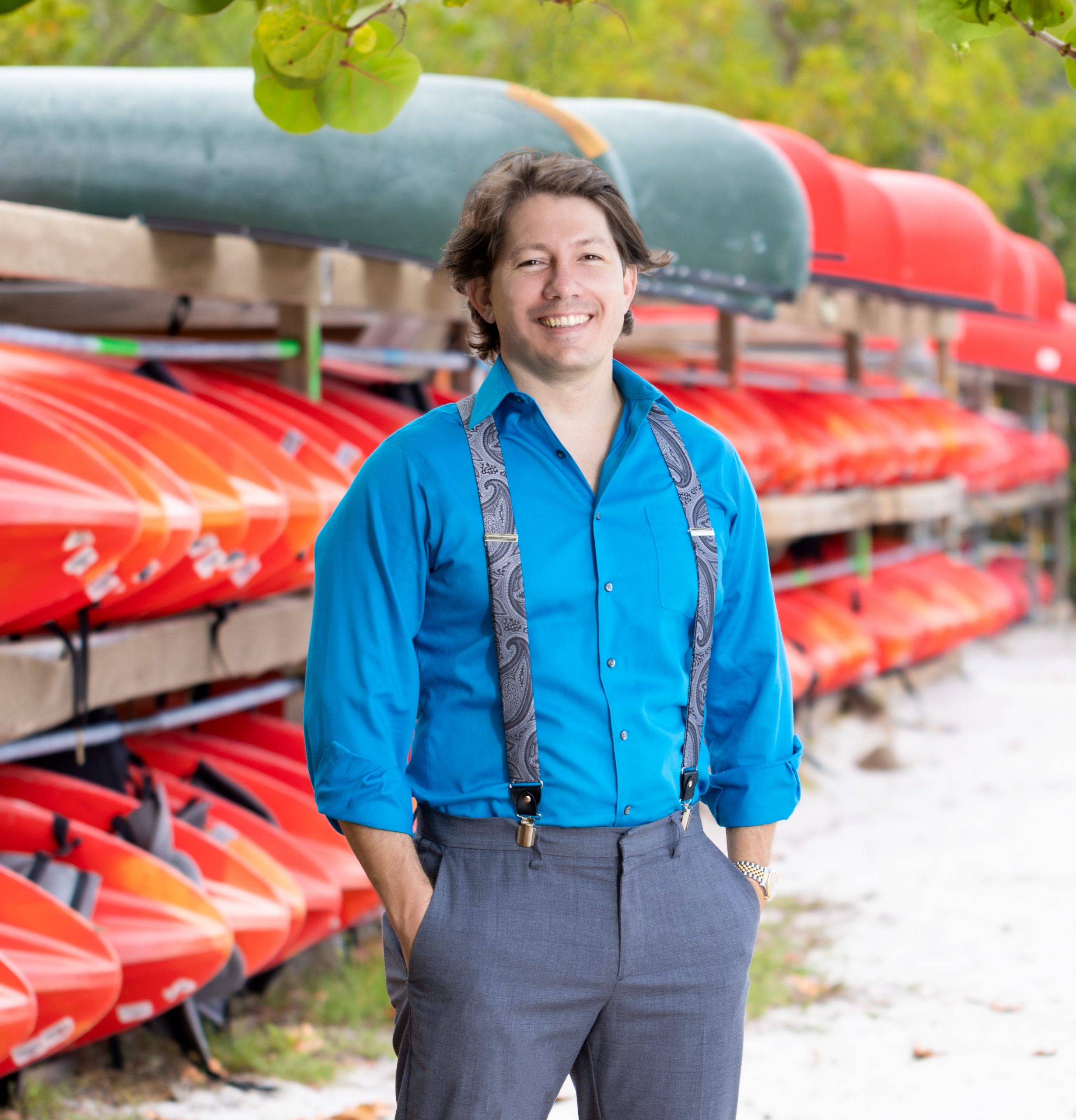Serial entrepreneur Nestor Villalobos got an early education in business—but in a completely unexpected way.
“I grew up in the Dominican Republic,” he says. “My dad also was an entrepreneur, and he owned the factories that used to manufacture the pants for Levi’s and Dockers, so I kind of grew up in my dad’s factories. Most of my buddies would go to summer camp and I would get sent to the factories to pack boxes when I was a kid. It was actually awesome. I love factories for that reason. It’s always been something that fascinates me—to see so many people working and accomplishing so many goals at the same time.” The experience inspired a lifelong interest in operations and efficiency as well as in entrepreneurship.
If those formative lessons weren’t enough to whet his appetite, Villalobos can point to several “triggering events” that spurred his interest in business—or rather, to be his own boss. After completing his bachelor and MBA degrees at Boston’s Bentley University, he made his way to Miami to design systems for a high-end gaming computer company. He says it was fun—until Dell bought the company. A stint as a director of an electronics retailer likewise soured when a new management company “cleaned house and installed their own people” after it was discovered that the CEO was stealing from the company. The lesson: “I needed to be in control of my own destiny.”
For the past six years, Villalobos has helmed a company that he bought, which has been called Sharp, in one form or another: first as Sharp Marketing, now as Sharp Promo. Why the change? Hyperfocus. “When it was called Sharp Marketing, people rightfully assumed that we could help them with all marketing,” he explains, “but our core competency—always has been and always will be—is promotional products, figuring out what the best products are for the right audience and the right events.” The pivot paid off: “There’s enough business to be had that is promotional that despite changing our name and narrowing our focus, we grew 5 [times] in a year. We are probably one of the fasting-growing promotional companies on Florida.”
What sets Villalobos apart from other entrepreneurs is the ways in which he has always sought to balance his life. He has given back by teaching as an adjunct professor of business at FIU, and this self-styled “Ironman Entrepreneur” calls the Ironman race in Panama City Beach—he trained in triathlons for six years before that elite event—his proudest moment. Of the 2.4-mile swim, the 112-mile bicycle ride and the 26.22-mile run, the cycling had long been his strong suit (he even was a part-time Equinox cycling instructor for 13 years), but by developing a training plan to overcome his weak spots, he became equally strong in all three legs.
Throughout his training regimen, what Villalobos has come to understand it was the symbiotic relationship between high-intensity conditioning and professional performance. During a period of living in Key Biscayne, he saw that “all these guys were doing very well for themselves and for their businesses, and that’s when I realized this link between high-performance training and high-performance business activity. These guys were at the top of their game professionally.” That led to a period of self-analysis, observing the traits that these athletes shared and mimic them to improve not only his training but his business career. “That’s how I came up with this concept of becoming the Ironman Entrepreneur,” he recalls.
Villalobos extolls the virtues of his pool workouts as a way to learn patience: “What I love about swimming is that it’s all about you; you’re in your own head,” he says. “For somebody like me—I’m working on multiple things, multitasking, getting things done quickly, always thinking about the next thing that I have to do, swimming allows me to focus on just one thing—it’s kind of like my yoga.”
Another byproduct of swimming: problem solving. “During the week, I swim at 6 a.m., so the sun isn’t even out,” he says. “That’s when I think about what I have to do that day—I’m already starting to organize my day and thinking about how to resolve issues. This is my meditation, just doing something repeatedly, and focusing on efficiency and being able to think about the rest of my day. My most effective days are the days when I swim in the morning.”
Photos by Brett Hufziger














